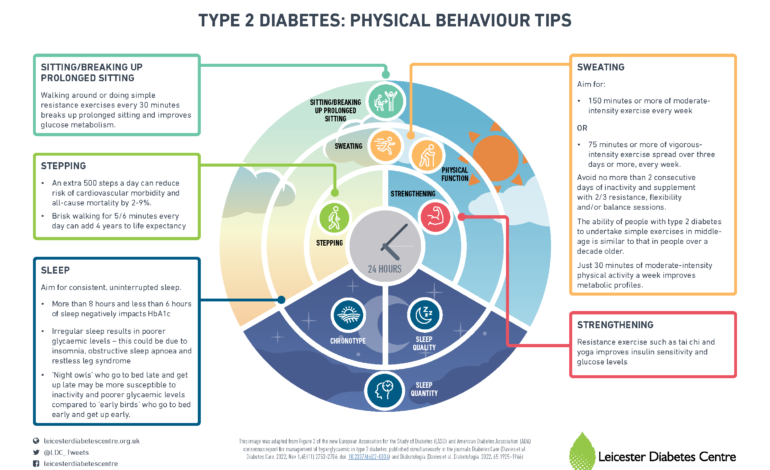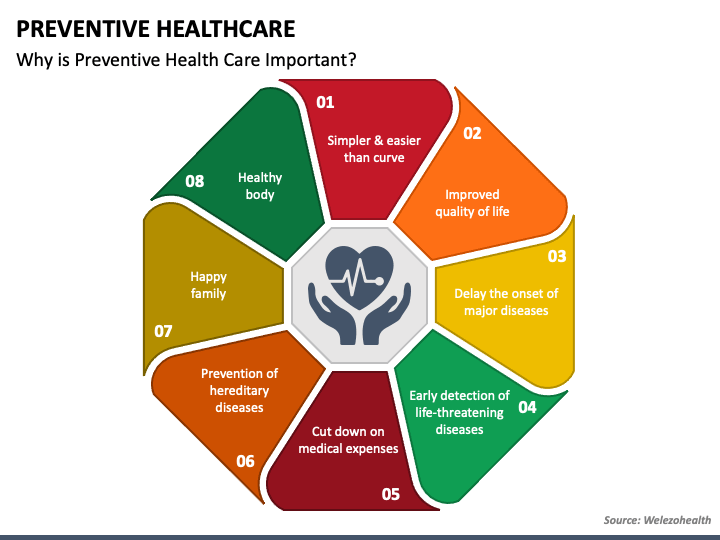Living Well With Chronic Conditions

Living Well with Chronic Disease: A Deep Dive
Chronic disease – it’s a term we hear often, but what does it *really* mean to live with one? Unlike an acute illness that resolves after treatment, chronic diseases are long-term conditions requiring ongoing management. This isn’t about simply surviving; it’s about thriving despite the challenges. This post will explore the core principles of chronic disease management, focusing on empowering individuals to take control and improve their quality of life. We’ll primarily focus on general strategies applicable across various conditions but will also touch upon specific examples like diabetes and arthritis later in this guide.
Understanding Chronic Disease & The Need for Management
Chronic diseases encompass a wide range of ailments, including heart disease, stroke, cancer, chronic obstructive pulmonary disease (COPD), diabetes, arthritis, back pain, and many more. What unites them is their persistence—they don’t go away with standard treatments and necessitate ongoing care. The impact isn’t solely physical; chronic diseases can significantly affect mental health, relationships, finances, and overall well-being.
Effective management aims to minimize symptoms, prevent complications, improve quality of life, and slow the progression of the disease. It’s a collaborative effort between the patient, their healthcare team (doctors, nurses, specialists), and often family members or caregivers. Crucially, patients are at the center of this process; understanding your condition and actively participating in decisions is paramount.
Key Pillars of Chronic Disease Management
While specifics will vary depending on the individual condition, several core pillars underpin successful chronic disease management:
1. Education & Self-Management
Knowledge is power! Understanding your specific disease – its causes, symptoms, potential complications, and treatment options – is the first step towards effective self-management. This includes learning about medication schedules, dietary guidelines, exercise recommendations, and recognizing early warning signs of a worsening condition.

Self-Management Education (SME) programs are invaluable resources. These programs often cover topics like goal setting, problem solving, communication skills, and stress management – all essential for navigating the challenges of chronic illness. Your doctor or local health department can likely direct you to available SME resources.
2. Medication Adherence
For many chronic diseases, medication plays a vital role in controlling symptoms and preventing complications. However, even the most effective medications are useless if not taken as prescribed. Medication adherence is often a significant challenge due to factors like complexity of regimens, side effects, cost, or simply forgetting.
Strategies to improve adherence include: setting reminders (alarms, pill boxes), involving family members for support, simplifying medication schedules where possible with your doctor’s guidance, and openly discussing any concerns about side effects or costs with your healthcare provider.
3. Healthy Lifestyle Choices
Lifestyle factors exert a *profound* influence on the progression of many chronic diseases. Adopting healthy habits can often reduce symptoms, improve quality of life, and even slow disease progression. Key lifestyle elements include:
- Nutrition: A balanced diet tailored to your specific condition is crucial (more details below).
- Physical Activity: Regular exercise strengthens the body, improves mood, and helps manage weight – all beneficial for chronic disease management. Start slowly and gradually increase intensity.
- Sleep: Adequate sleep is essential for both physical and mental health.
- Stress Management: Chronic stress can exacerbate symptoms. Techniques like meditation, yoga, deep breathing exercises, or spending time in nature can help manage stress levels.
- Smoking Cessation & Alcohol Moderation: These habits significantly worsen many chronic diseases.
4. Regular Monitoring & Follow-Up
Consistent monitoring of key health indicators is vital for early detection and management of complications. This may involve regular blood tests, physical examinations, or other diagnostic procedures as recommended by your healthcare provider.
Scheduled follow-up appointments are not just about checking in; they’re opportunities to discuss any concerns, adjust treatment plans, learn new strategies, and receive ongoing support.
Specific Examples: Diabetes & Arthritis
Let’s briefly look at how these principles apply to two common chronic conditions:
Diabetes Management
For individuals with diabetes (both Type 1 and Type 2), rigorous blood glucose monitoring is key. Dietary modifications—limiting sugary drinks and processed foods, focusing on whole grains, fruits, and vegetables—are essential. Regular physical activity improves insulin sensitivity. Medication adherence, whether oral or injectable insulin, is critical for maintaining healthy blood sugar levels. Foot care (daily checks, proper footwear) is vital to prevent complications like neuropathy and ulcers.
Arthritis Management
For those with arthritis, pain management is a primary goal. This may involve over-the-counter or prescription medications, physical therapy, and assistive devices. Maintaining a healthy weight reduces stress on joints. Low-impact exercise (swimming, walking) helps strengthen muscles and maintain joint mobility. Warmth application can alleviate stiffness. Dietary considerations like incorporating omega-3 fatty acids may help reduce inflammation.
The Importance of Mental & Emotional Wellbeing
Living with a chronic disease can take an emotional toll. Feelings of sadness, anxiety, frustration, or isolation are common. It’s important to acknowledge these feelings and seek support when needed. Mental health is an integral part of overall health.
Consider connecting with a therapist or counselor specializing in chronic illness. Support groups (online or in-person) can provide valuable peer support and encouragement. Practicing self-compassion—treating yourself with kindness and understanding—is also crucial.
Disclaimer & Important Note
This blog post is for informational purposes only and should not be considered medical advice. The information provided here is not a substitute for professional medical guidance, diagnosis, or treatment. Always consult with your healthcare provider before making any decisions related to your health or treatment plan. Self-treating can be dangerous. Carefully research the specific condition you are dealing with, and discuss management strategies thoroughly with qualified medical professionals.
Living well with chronic disease is achievable with proactive management, ongoing support, and a commitment to prioritizing your health. By embracing these principles, individuals can navigate the challenges of chronic illness and live fulfilling lives.



